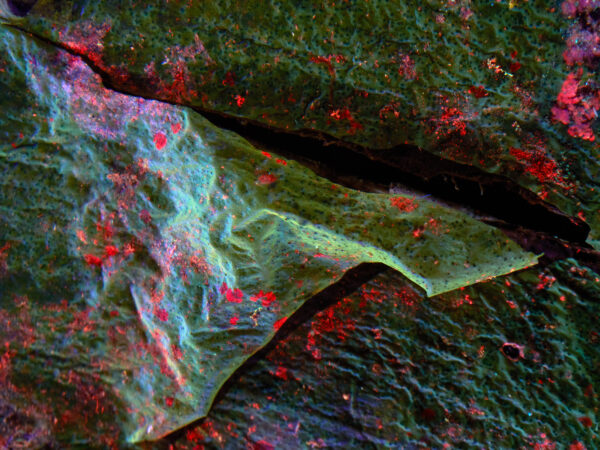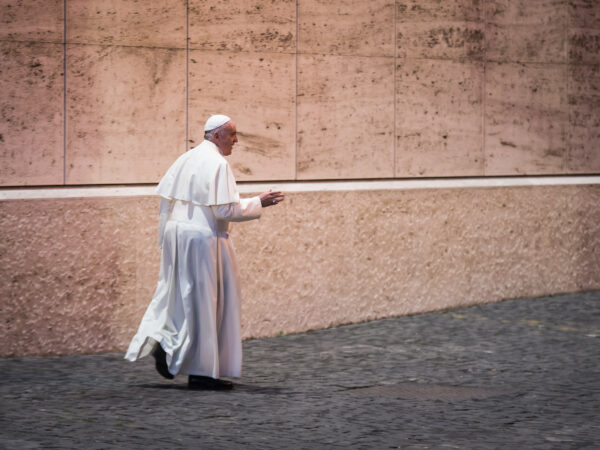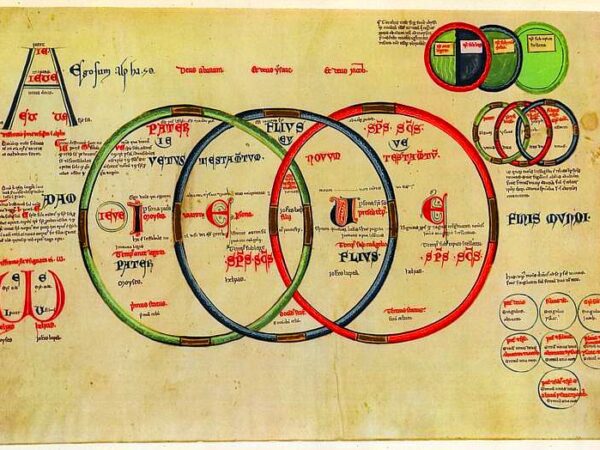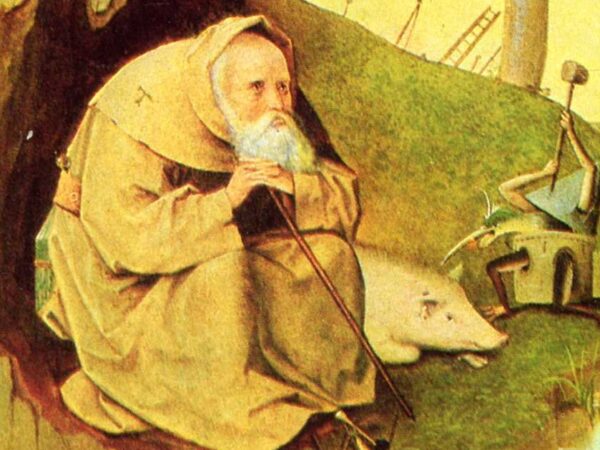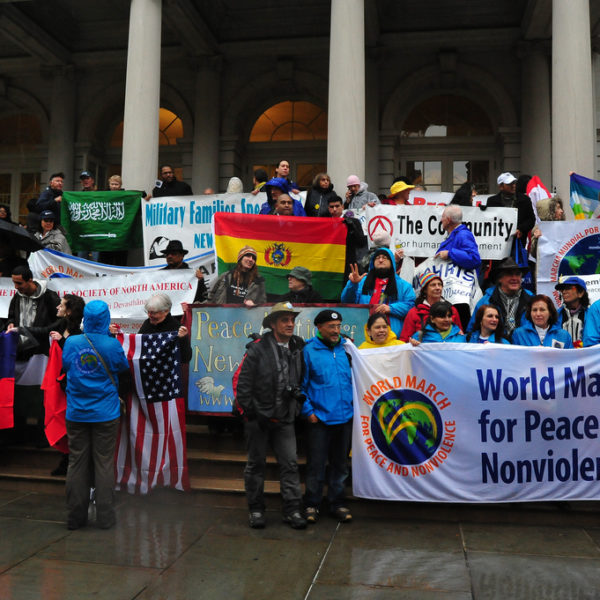
Pope Francis proclaims: “There was a time, even in our churches, when people spoke of a holy war or a just war. Today we cannot speak in this manner.” Yet, we can and have been invited by Francis and others to speak in the manner of centering nonviolence.
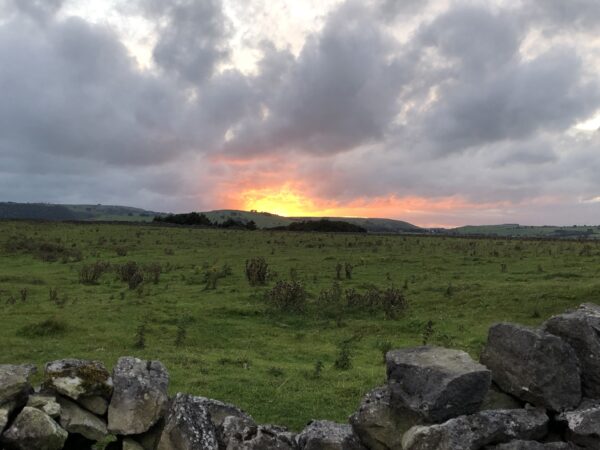
The call to abolish the family sounds bad – really bad; then again, so does the end of the world. In a moment rife with talk of “environmental apocalypse,” the position of negativity and non-futurity assigned to queer people in Catholic environmentalism becomes a starting point for rethinking the role of “the family” in a genuinely integral and sustainable ecology.

There’s an understandable temptation to think that climate disaster is nature’s way of rebelling against the Anthropocene. But this is a dangerous way of thinking we should ward against.
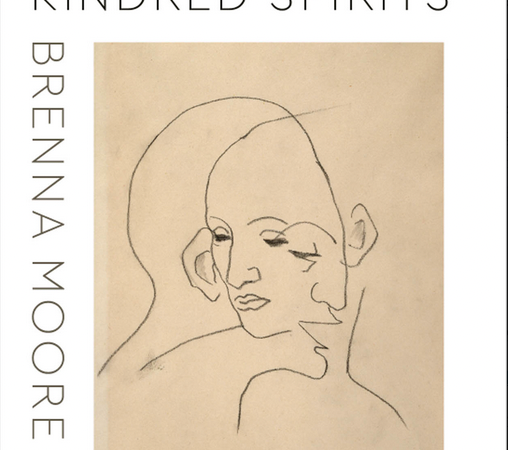
“Both authors travel to the margins and then send back a warning signal to fellow scholars about the limits and potential intrusiveness of our established methods.”
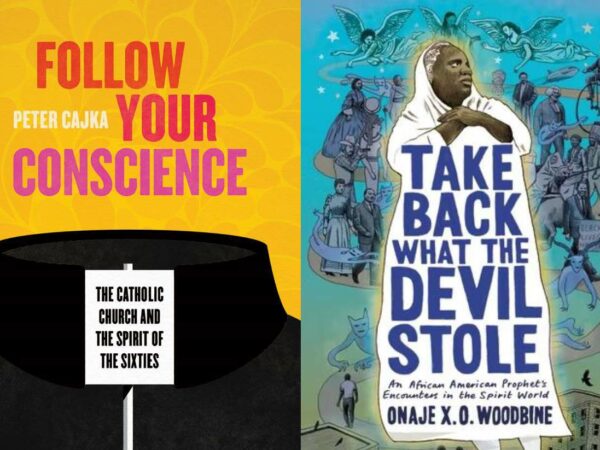
Woodbine’s beautiful narrative is extraordinarily self-aware, and deeply humane. Haskins’ own voice is strong, active, present throughout. I had not planned to read it in one sitting but I literally could not put it down. Only a couple miles northwest of Haskins’ Roxbury, in the mostly Irish Catholic neighborhood of Chestnut Hill near Boston College, there is a totally other religious and cultural world. This is the place of white priests, educated Catholics, lecture halls, and the circuits of urban Catholic power. Particularly in the 1960s and 70s, it might as well have been another planet from Afro-Caribbean Roxbury.
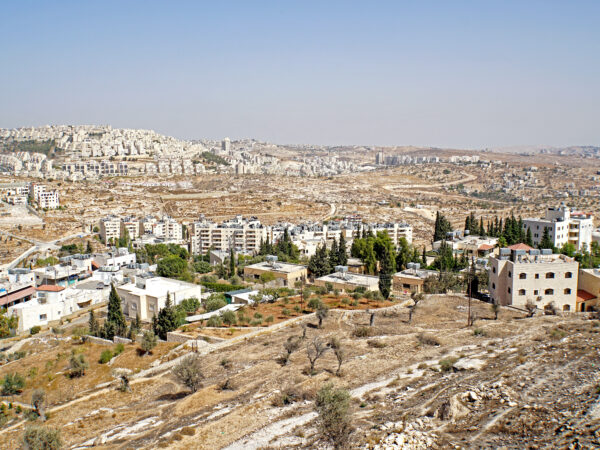
This essay traces the story of Marie-Thérèse Lacaze, a French woman whose experience of Catholic communal life in solidarity with the poor and disenfranchised in Palestine eventually led her to denounce both the state of Israel and the Catholic Church as unjust institutions failing to live up to the ideals on which they were founded.
